After you Declutter: Donate, Recycle or Sell?
As an Amazon Associate and member of other affiliate programs, I earn from qualifying purchases.
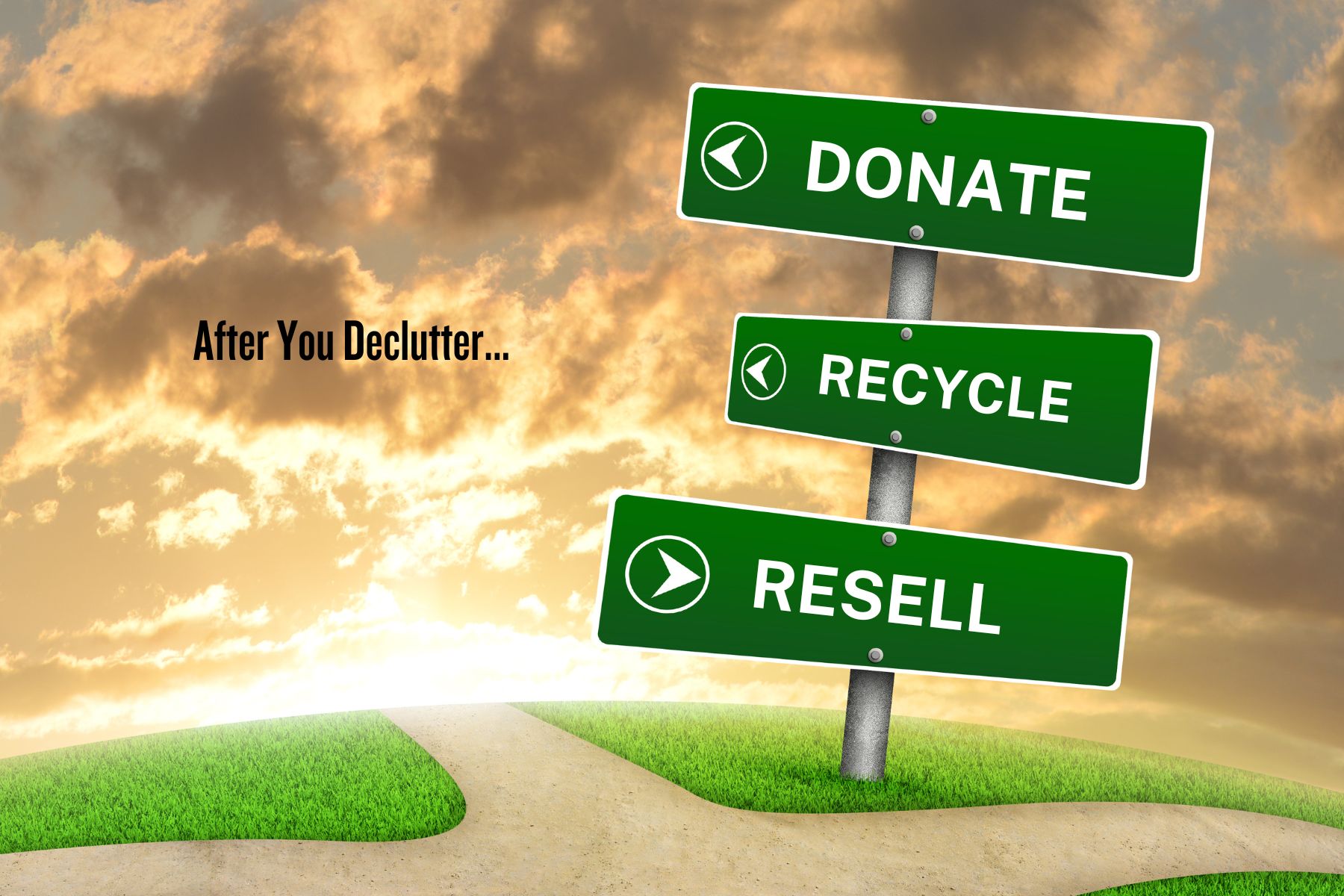
This is a blog about what to do after you declutter. Should you donate, recycle or sell? It is a blog for people who have already built up some decluttering muscle and are proficient at letting things go and efficient in their process.
If you are just starting on your decluttering journey and the whole thing feels overwhelming to you, skip this blog because it will only add to your overwhelm. When you’re new to decluttering, the most important thing is to get the stuff out of your house. That should be your #1 goal or focus. A lot of complicated decisions about what to do with all the stuff you don’t need will prevent that from happening. To you I recommend your recycle bin, trash bin and an easy donation spot like the Goodwill.
This blog is for those who are game for the project-after-the-project of decluttering. They have strong feelings about waste of any kind. They want to do the research to find the best possible next stop for the stuff they don’t need. And they have time and energy to spend putting in the effort. If this is you, read on!
Where to Donate

I’ve already mentioned Goodwill as an easy donation experience for after you declutter. It’s easy because they take almost all categories and have a lot of donation-drop spots with flexible hours. But if you’re worried that your donations will find their way into the right hands or you don’t like the thought of people paying for them, there are places in your community where you can donate some of the more common categories. Florists want your vases. Teachers want your school supplies. Shelters want your clothing. Libraries may want your books, but most have a strict process for donation. If you live in a neighborhood with a Little Free Library, it’s a much easier solution. That said, please don’t inundate your LFL with a glut of books, a pre-edit is likely in order!
If this list is starting to feel like a lot of errands, you’re right! Plus, you’ll want to call ahead to arrange a drop off and ensure they want your donation. And you’ll probably still need to add the Goodwill or Salvation Army to your errand list because you have other categories besides these.
Where to Recycle
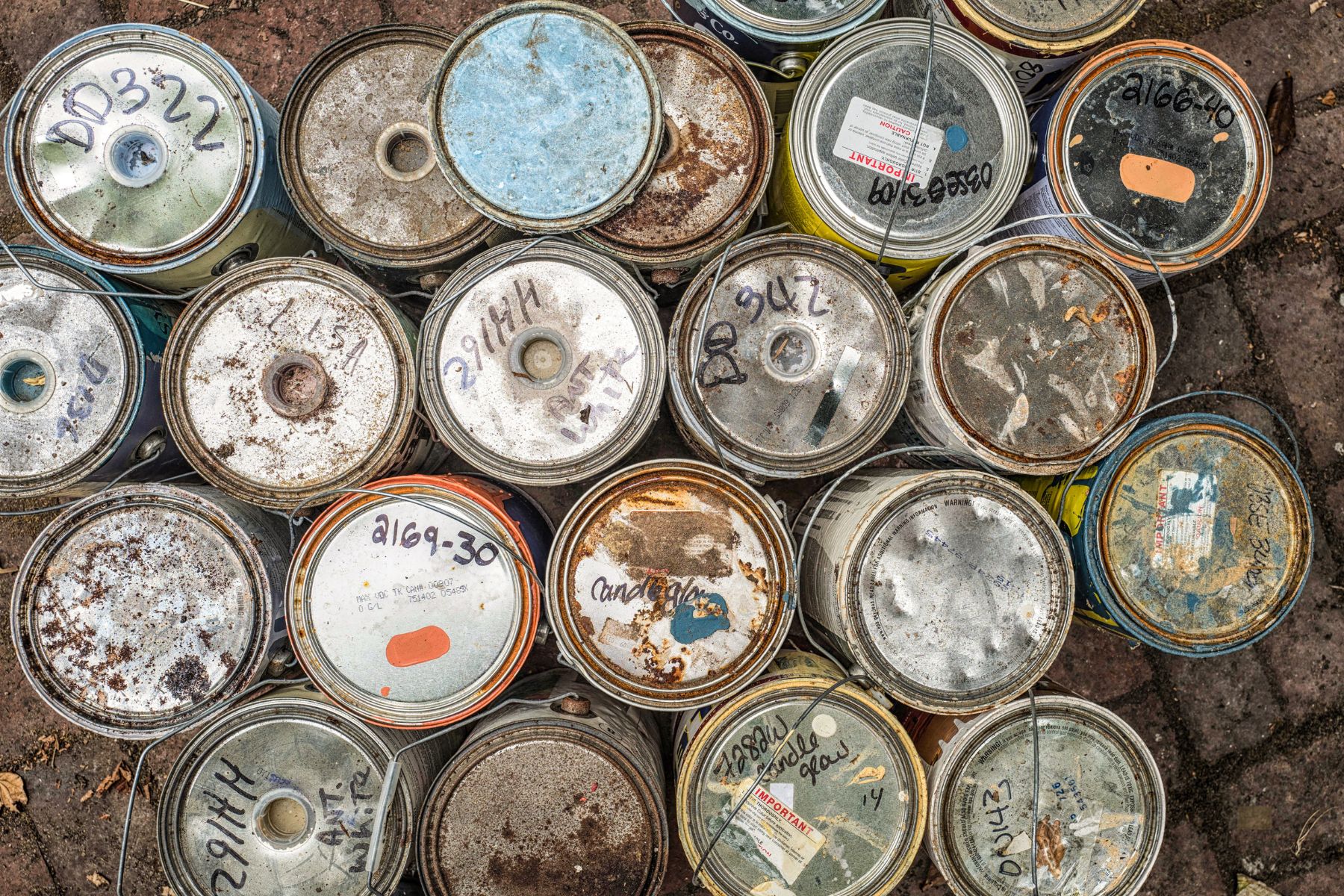
I get a lot of questions about where to recycle specific categories after you declutter. I don’t address these questions much on social media because the answers vary so greatly by locality. People don’t generally like that so here are some ideas that are available in many US locations (apologies in advance if you are not in the US!)
My first suggestion isn’t technically recycling; use your local Buy Nothing or Neighborhood Facebook Group. It’s the easiest way to get rid of things quickly and deposit them in the hands of somebody who will actually use them. This is my first stop when I have something that could live a second life, especially something big like furniture. You don’t have to be on social media either – Buy Nothing is free to join and has its own app. Everyone I know who uses it has great success unloading the stuff they’ve decluttered!
So many people have leftover building supplies in their garages. Habitat for Humanity can recycle that stuff and use it in the homes they build and refurbish. It’s a great way to contribute and free up space in your garage.
Another responsible way to dispose of hard-to-recycle categories is to subscribe to a service. Companies like Ridwell, Recyclops, TerraCycle and Simple Recycling offer curbside pickup for categories that are not typically accepted by regular municipal recycling programs (batteries, clothing, tech, etc.) Most have stratified membership plans. It isn’t free but it does make the process of recycling easy to execute.
Where to Re-Sell
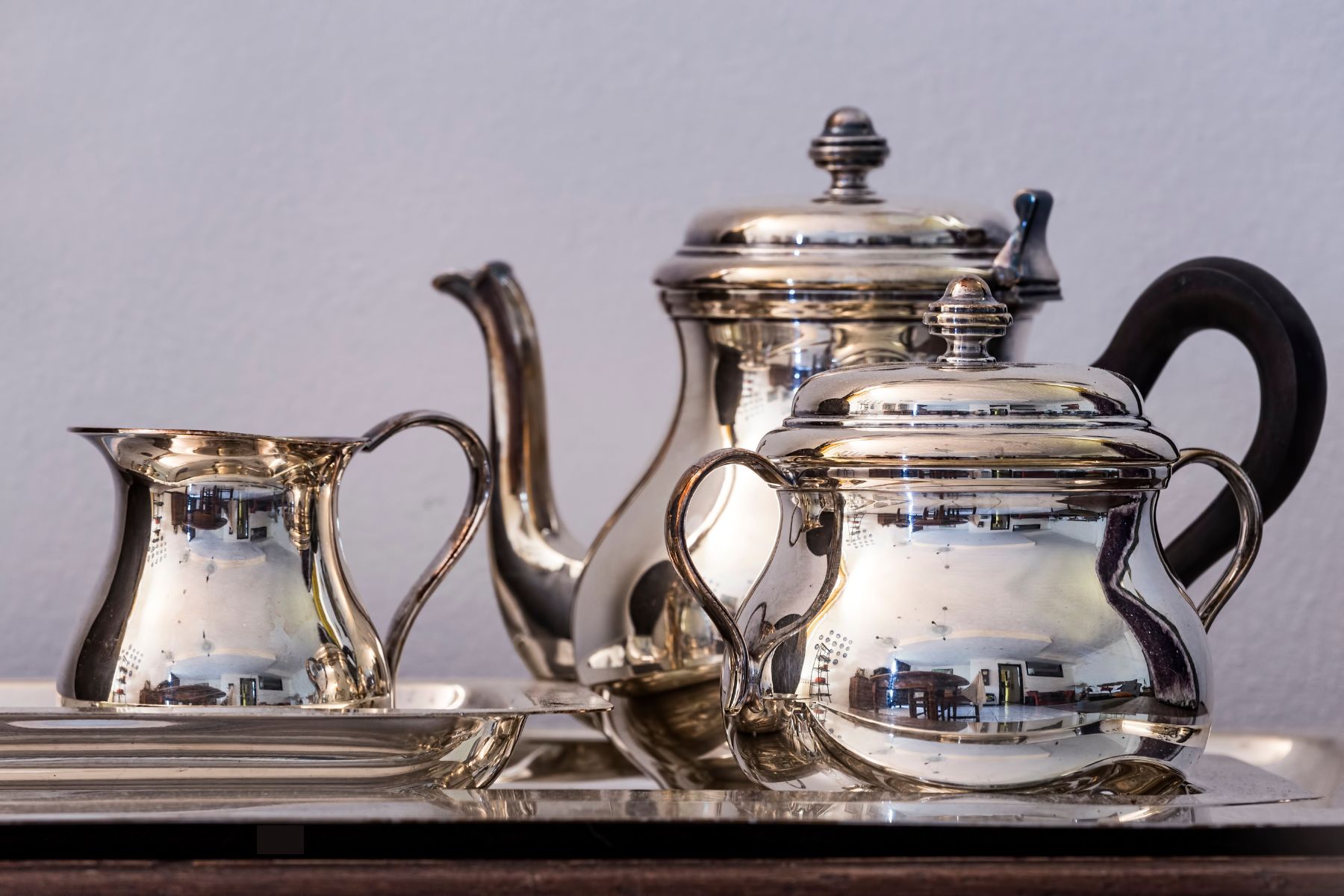
Looking to make some money after you declutter? You can achieve that through re-sell but it’s the heaviest lift effort-wise and is not for the faint of heart.
Don’t get me wrong, there is a huge resale economy out there and some people are making some money. Those people know what they are doing and have systems in place to make the process easier and more efficient. If you aren’t one of them it’s going to be extra work and extra time. Another world of warning. You are going to have ideas about how much your stuff is worth; be prepared for disappointment!
If you’re still reading and committed to re-selling be prepared for the following:
- Researching listing price
- Creating your own listings
- Interacting with buyers
Maybe that doesn’t sound like a lot but trust me, it adds up. There are some businesses that are a lighter lift effort-wise for you, but in most cases you won’t get as much back as you would if you sold it yourself.
For all that china, crystal and silver you inherited that you never use and your kids don’t want there’s Replacements.com. The evaluation and shipping process is cumbersome and if they like what you have how they price it will depend on the popularity of your brand/pattern/etc. Keep your expectations low.
For heirloom jewelry look for a jeweler in your community; many will buy your heirloom jewels. Again, go in with low expectations of how much your grandmother’s earrings are worth – the jeweler will likely not exceed them. For single silver/gold earrings or sterling silver anything, check in with a Rare Coin-type shop. They often buy things and melt them down. And lastly for clothing you can list your own (brand-name, lightly-worn) clothing on sites like Poshmark and Mercari – it’s an effort but it can add up if you have a lot of good stuff. If you have a Designer-level wardrobe The RealReal is a concierge-level re-sell website that will do most of the work for you.
There are a myriad of other marketplaces where you can sell all kinds of categories after you declutter: EBay, Facebook Marketplace, Craigslist or OfferUp to name a few. The interaction with buyers is the barrier for many people on these sites. If you aren’t interested in negotiating, answering a ton of questions or meeting someone in person to transact then it’s probably not for you.
Before you do any of this
If you feel like I spent most of this blog talking you out of complicated plans to get rid of your things after you declutter you aren’t imagining things! There are exceptions of course but in my experience when there are grand plans around disposal, the time and energy you spent decluttering often go to waste because the stuff never actually leaves your home. It’s a different kind of waste but it still sucks! So go for the specialized, high-effort disposal plan for the things you care about the most, and get the rest of the stuff out of your house to the Goodwill drive-thru!


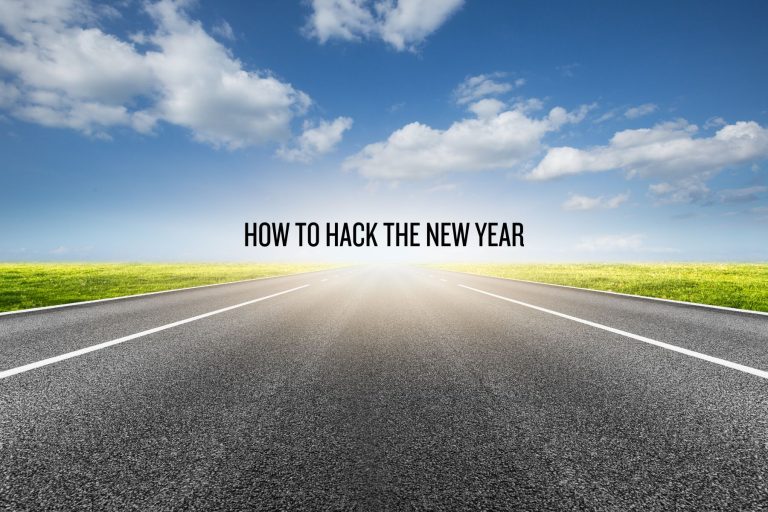
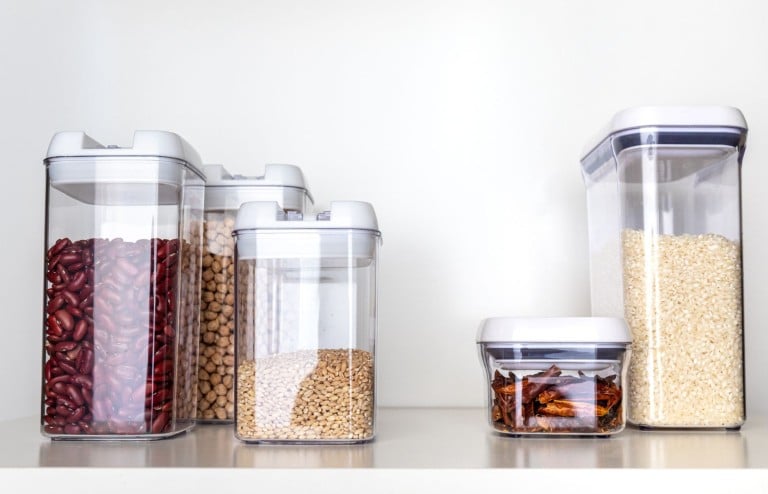
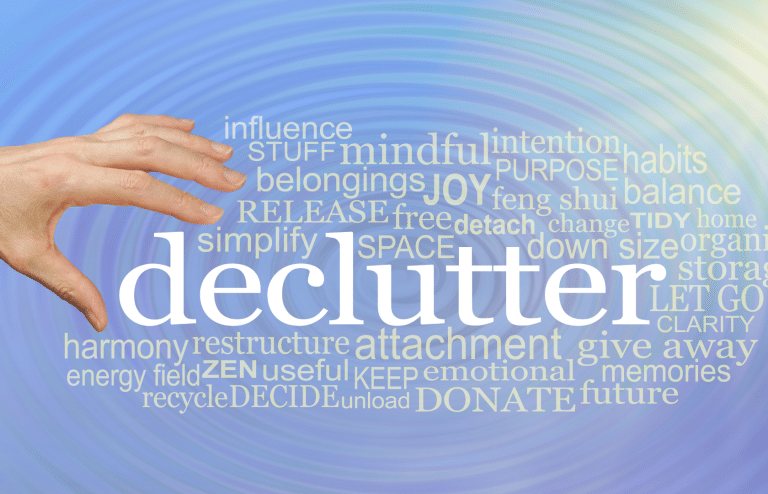
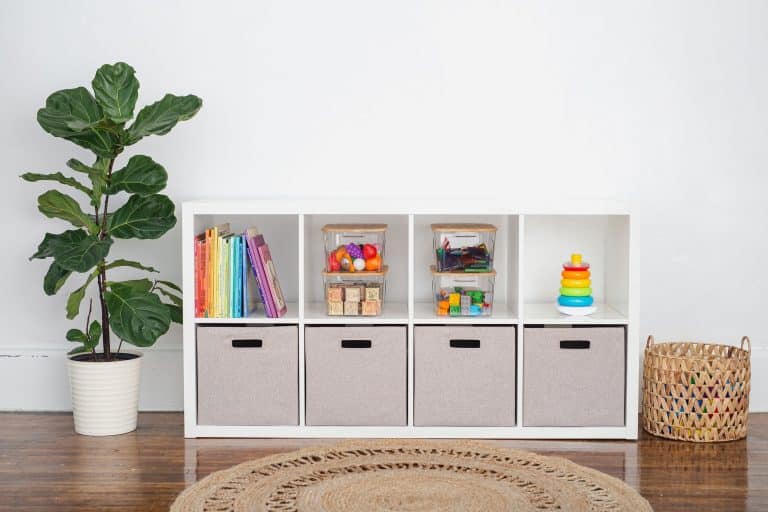

Method Seattle Comment Policy
We welcome relevant and respectful comments. Off-topic comments may be removed.